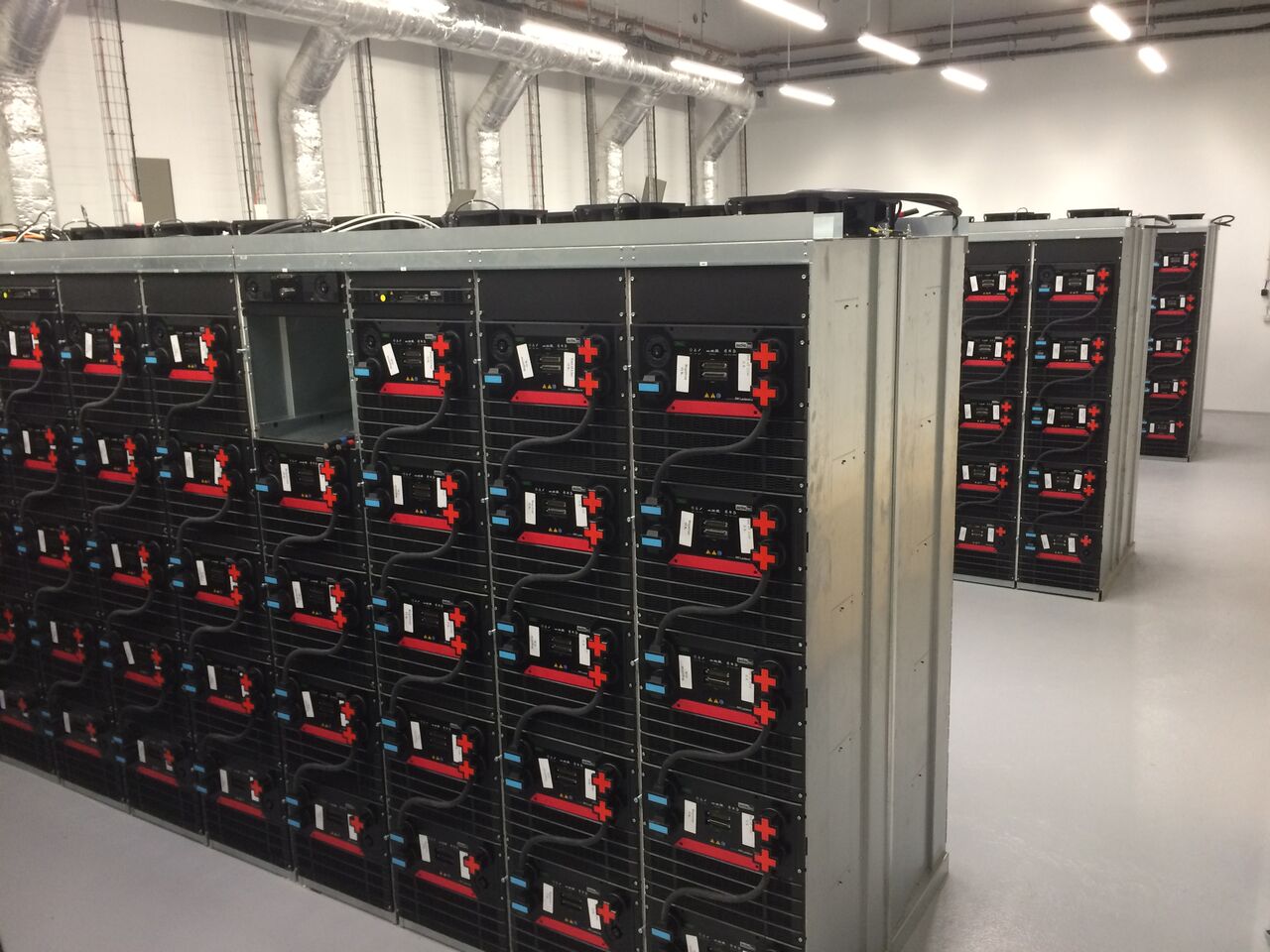
Swiss energy storage company Leclanché has broken ground on a US$70 million solar and storage microgrid project in St Kitts and Nevis.
The system will include a 35.7MW solar farm and a 14.8MW lithium-ion battery energy storage system (BESS) with a capacity of 45.5MWh, providing state-owned utility St Kitts Electric Company (SKELEC) with roughly a third (30%-35%) of the island’s energy supply. Leclanché claims it will be the Caribbean’s largest solar-plus storage project on completion, and will eliminate 41,500 metric tonnes of carbon emissions in its first year.
Enjoy 12 months of exclusive analysis
- Regular insight and analysis of the industry’s biggest developments
- In-depth interviews with the industry’s leading figures
- Annual digital subscription to the PV Tech Power journal
- Discounts on Solar Media’s portfolio of events, in-person and virtual
Timothy Harris, Prime Minister of St Kitts and Nevis, said the build is a “significant milestone” for the region, which will help the island to create a more independent energy market and reduce reliance on fossil fuels.
The solar farm will stand on disused agricultural land that had been used for sugar cane production near the capital Basseterre. Leclanché secured a 20-year lease on the land last year, and SKELEC signed a 20-year power purchase agreement (PPA) with the firm in exchange. Leclanché CEO Anil Srivastava said at the time the build “sends a strong signal to other Caribbean countries…that there is a cleaner, more cost-efficient and viable alternative to diesel power.”
The announcement comes exactly one year after a group of Caribbean and Latin American states, including the Dominican Republic and Haiti, committed to ensure an average 70% of installed energy capacity comes from renewable sources by 2030.
“Today’s groundbreaking marks a significant milestone for our citizens, tourist economy, our broader business community and indeed the entire Caribbean region, despite the delays caused by COVID-19,” Harris said.
“This visionary project will help secure our energy independence, provide long-term price stability and reduce our reliance on diesel fuel.”
This story first appeared on PV Tech.






